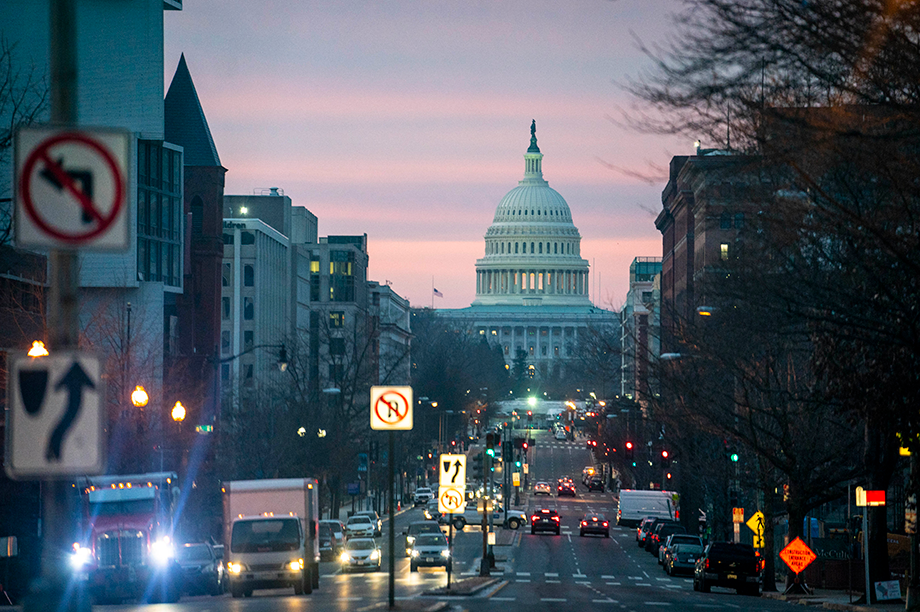Delays in clean power legislation in Washington are costing the US some $2 billion in lost economic activity every month. That is according to more than 260 wind and other clean energy employers in the US that sent to senate majority leader Charles Schumer and speaker of the house Nancy Pelosi.
Clean energy provisions in the "build back better" bill (BBB) – currently languishing in the US senate – will help the country reach 750GW of wind, solar, and battery storage capacity by 2030, according to modeling by industry group American Clean Power, and analysts Rhodium Group, Resources for the Future and Brattle. Citing this analysis, the letter's authors added that this level of renewables expansion would slash power sector emissions by nearly 70% below 2005 levels.
Companies that signed the letter include energy majors such as Avangrid, Dominion Energy, NextEra Energy – the largest wind power owner in the US – as well as offshore wind leader Ørsted and Schneider Electric.
The BBB, as it is currently written, would extend wind and other production tax credits (PTCs) for 10 years. They are expiring and for many years have also only been extended for a small number of years at a time, creating a roller-coaster effect for the sector. Recipients of the wind PTC would also no longer need tax liability to qualify.
Under the BBB, manufacturing credits would also be available for components such as wind blades, nacelles, towers, and offshore foundations as well as some advanced electronics products.
In the Senate, the Democrats have a 51-50 majority so need every vote they can get to pass the White House-drafted bill. Democratic senator Joe Manchin – from the coal and natural gas-rich state of West Virginia – has been the lone hold-out.
“This is a make-or-break moment on the climate crisis,” Jamal Raad, executive director of the climate group Evergreen Action, told the New York Times recently. “Tough choices need to be made on the other pieces of "build back better" to get this over the finish line.”
Indeed Democrats need to decide whether to jettison other more controversial parts of BBB – such as the child tax credit – and keep the $150 billion in climate and clean energy components. Manchin, in early January had told reporters: “I think that the climate thing is one that we probably can come to agreement [on] much easier than anything else.”

.png)


.png)










